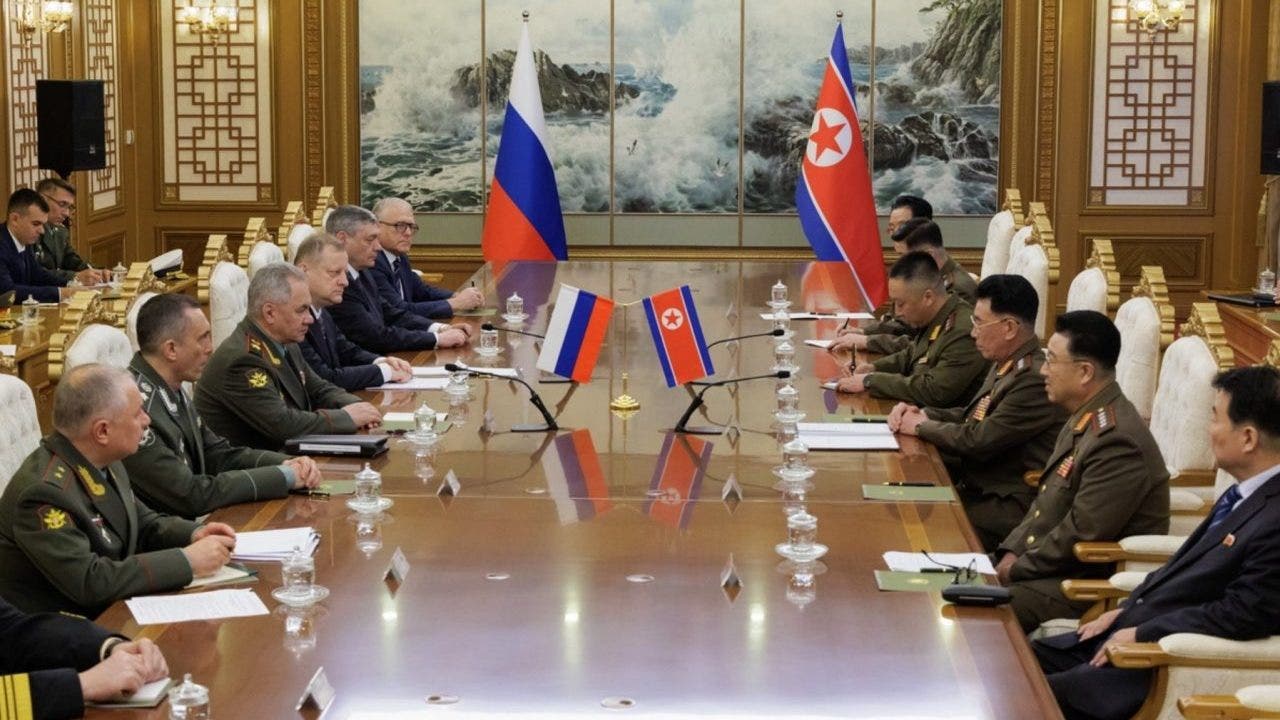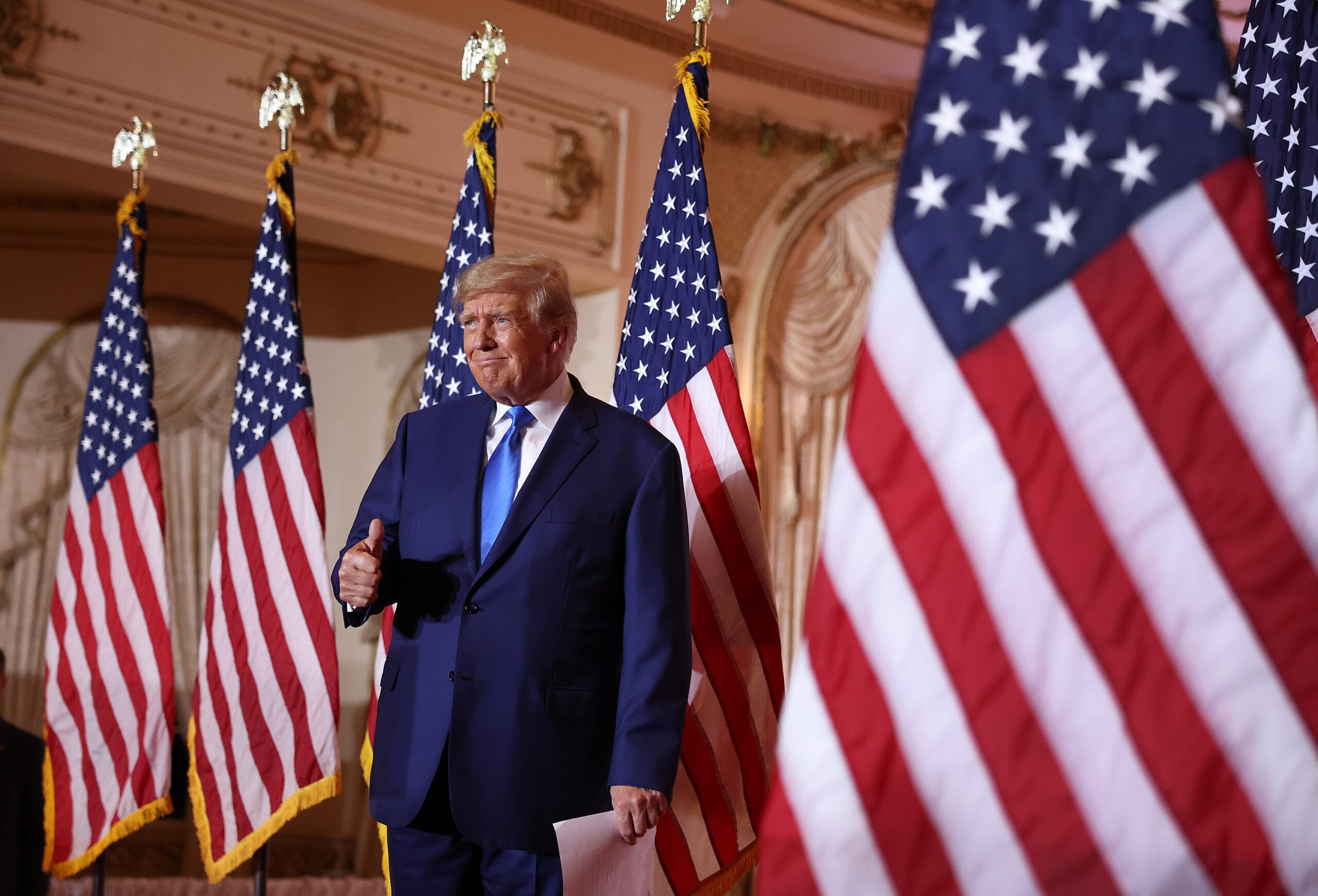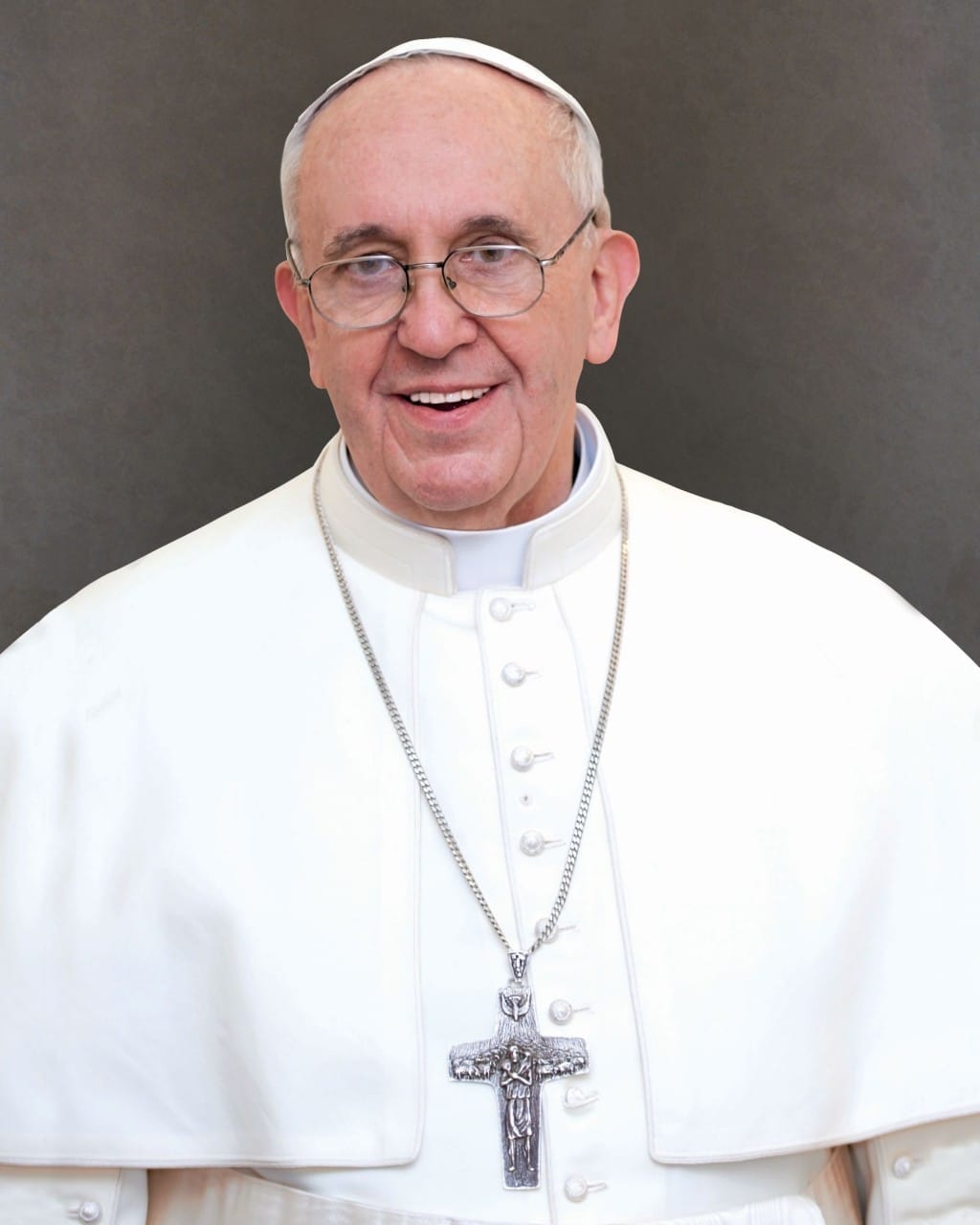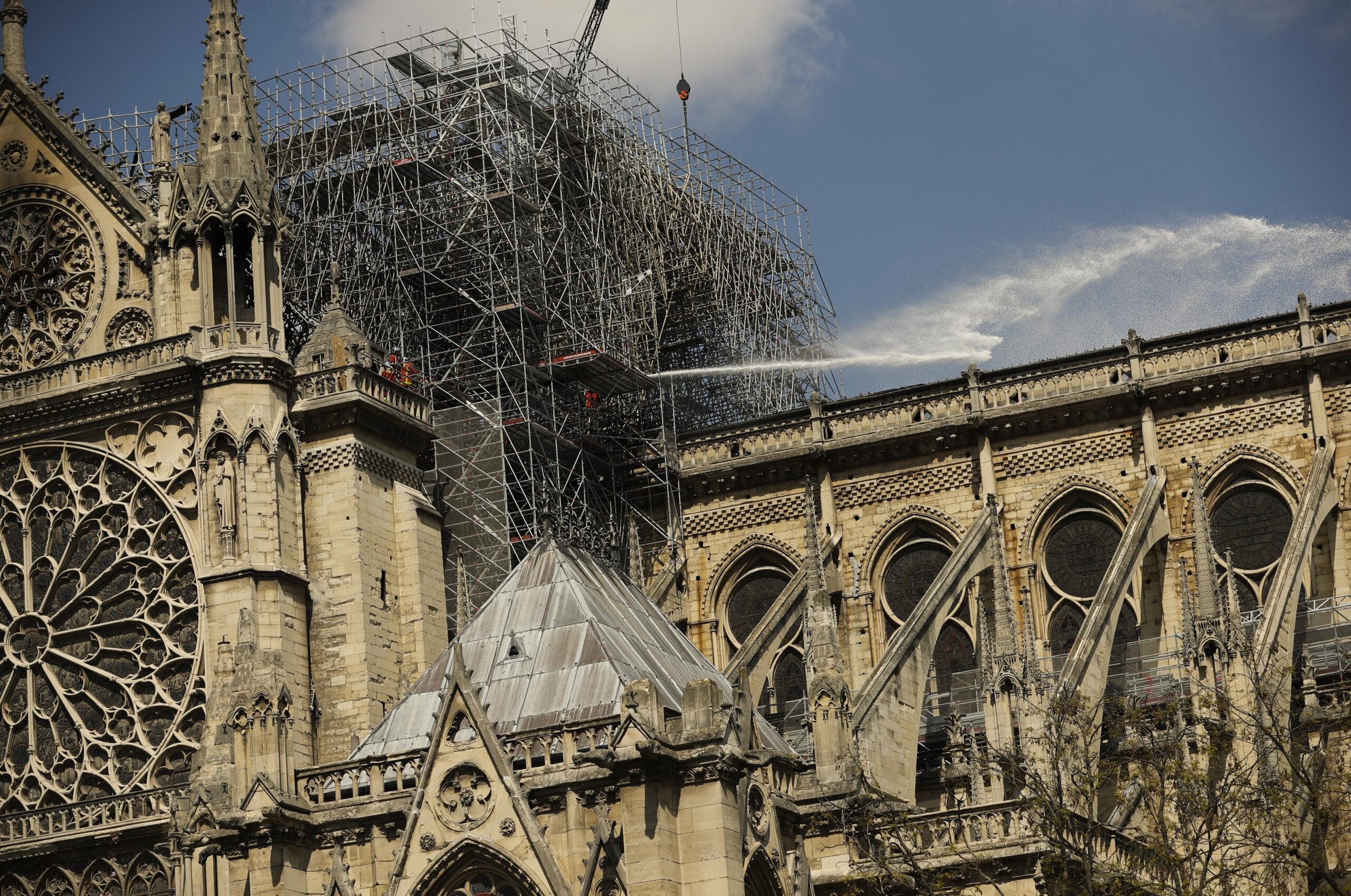In a significant development in the ongoing conflict between Ukraine and Russia, Ukrainian President Volodymyr Zelensky has confirmed that Ukrainian forces have captured two North Korean soldiers on Russian soil. This announcement has sparked widespread interest and concern among international observers, as it highlights the complex dynamics of the current geopolitical landscape.
The capture of the North Korean soldiers raises several questions regarding their presence in the region and the potential implications for international relations. North Korea, a country known for its isolationist policies and military alliances, has historically maintained a close relationship with Russia. This relationship has been particularly evident in recent years, as both nations have faced increasing pressure from Western countries and international sanctions.
Zelensky’s announcement comes at a time when the conflict in Ukraine has reached a critical juncture. The ongoing war, which began in 2014 with Russia’s annexation of Crimea, has seen a significant escalation in hostilities in recent months. The involvement of foreign soldiers, particularly from North Korea, adds a new layer of complexity to the situation. It raises concerns about the potential for further escalation and the involvement of additional international actors in the conflict.
The Ukrainian government has not provided specific details regarding the circumstances of the soldiers’ capture or their intended mission in the region. However, the presence of North Korean military personnel in Russia could suggest a level of cooperation between the two nations that has not been publicly acknowledged. Analysts speculate that North Korea may be providing military support or training to Russian forces, which could have serious implications for the balance of power in the region.
International reactions to Zelensky’s announcement have been varied. Some countries have expressed concern over the potential for increased military collaboration between North Korea and Russia, while others have called for a thorough investigation into the circumstances surrounding the soldiers’ capture. The situation is being closely monitored by global leaders, as it could influence diplomatic efforts aimed at resolving the ongoing conflict in Ukraine.
The capture of North Korean soldiers also raises questions about the motivations behind their deployment to the region. North Korea has a long history of sending military personnel abroad, often in support of allied regimes or to bolster its own military capabilities. The presence of these soldiers in Russia could indicate a strategic move by North Korea to strengthen its ties with Russia amid growing tensions with the West.
As the situation unfolds, it is essential for the international community to remain vigilant and engaged. The potential for further escalation in the conflict between Ukraine and Russia, coupled with the involvement of North Korean soldiers, underscores the need for diplomatic efforts to address the underlying issues driving the conflict. The capture of these soldiers may serve as a catalyst for renewed discussions on security and cooperation in the region.
In conclusion, the capture of two North Korean soldiers by Ukrainian forces in Russia represents a significant development in the ongoing conflict between Ukraine and Russia. It raises important questions about the nature of military cooperation between North Korea and Russia, as well as the potential implications for international relations. As the situation continues to evolve, it is crucial for global leaders to engage in dialogue and seek peaceful resolutions to the challenges facing the region.



